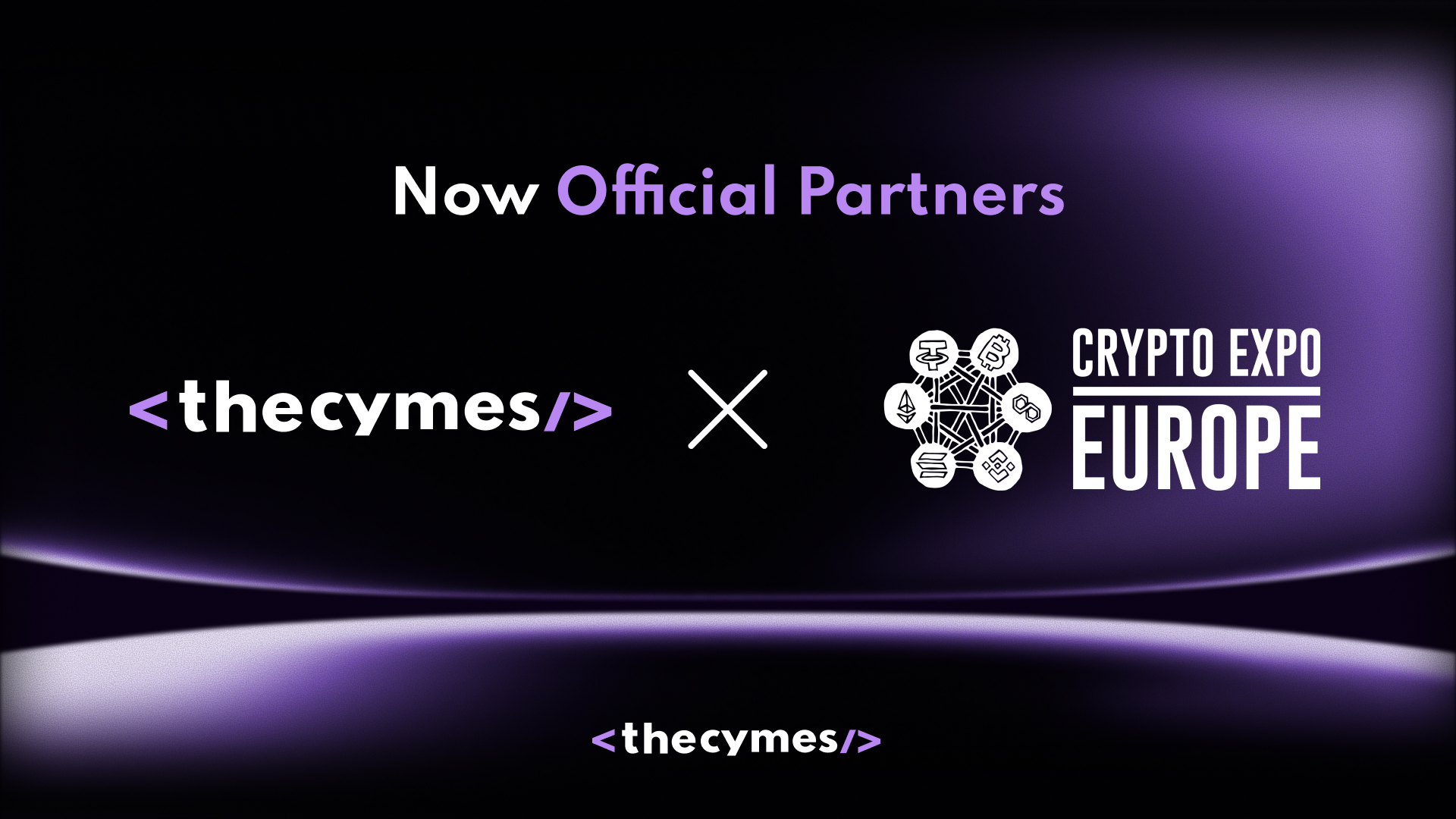.blockchain3 August 15:16
0<
Embracing the Blockchain Revolution: Unleashing the Future of 2023 and Beyond!
/>Unleashing the Power of Blockchain: A Vision for 2023 be updated on the latest tech newsGet exclusive news updates and overview on tech market




